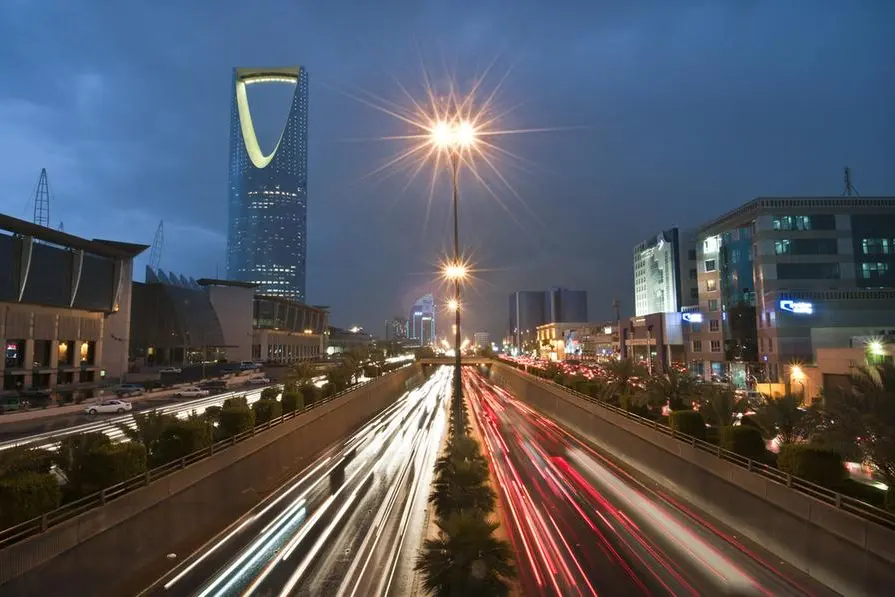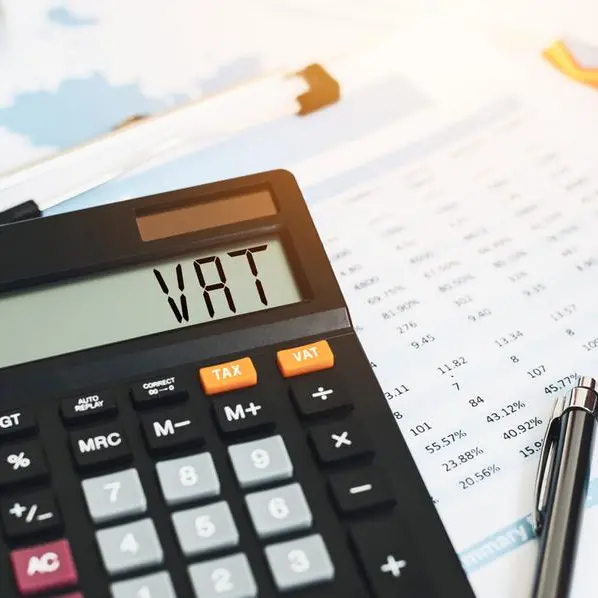PHOTO
An impending landmark law that allows non-Saudi residents to own property in the kingdom will be a game-changer for the Middle East’s property market, prompting more countries in the region to join the freehold boom.
The new law, which has been eagerly awaited by the global investor community, is under review and will allow non-Saudi nationals to own property in all parts of the kingdom, including Makkah and Madinah, according to Abdullah Alhammad, CEO of the Real Estate General Authority (Rega).
“The upcoming law for foreigners to own real estate is in its final stages, and shall be passed soon. It is broader and more inclusive than the current property-owning system,” he said.
The reform is expected to kick-off a new round of freehold boom in the Gulf region more than two decades after it was trail-blazed in the UAE, property market experts said.
“We have monitored the negative effects of foreign ownership of property in order to avoid them and find solutions for problems and unacceptable practices,” Alhammad was quoted as saying.
According to property market pundits, the recent hike in real estate prices in the kingdom is due to the gap between supply and demand in the real estate market, which has negatively impacted investors, as land prices significantly increased.
Saudi Arabia is working on real estate projects worth $1.1 trillion, in order to diversify its economy by 2030, and is planning to build over four million residential units and houses in different regions in the kingdom by 2030.
Saudi Arabia, which is on the cusp of a spectacular transition driven by a series of giga-projects, including the ambitious $500 billion Neom, seeks to lower real estate prices through boosting demand and striking economic balance in the sector. Alhammad said the government aims to inject units at affordable prices and support supply by offering government lands and forming partnerships with the private sector, especially in Riyadh that is witnessing a remarkable rise in prices.
The Saudi real estate sector accounts for nearly 5.1 per cent of the kingdom’s GDP and 12.8 per cent of the non-oil GDP, Alhammad said.
In April 2022, the kingdom announced a proposed amendment to laws on foreign ownership of property, and invited public feedback. The proposals include amendments to current rules on ownership in development zones, and in Makkah and Medina. Property ownership is restricted to Saudi nationals in these two locations, with the only exception being offices and branches of companies licensed by the Saudi Central Bank or the Capital Markets Authority.
Currently, land ownership is restricted to Saudis or – subject to certain extra rules – GCC citizens and entities. Non-Saudi, non-GCC ownership is permissible for companies as part of a particular project and requires a foreign investment licence from the Ministry of Investment. Foreign ownership is also permitted when the property is located within one of the four economic cities and subject to the regulations of those cities and the Special Zones Authority.
Deloitte, a leading professional services network, has predicted that the real estate markets of Dubai and Saudi Arabia are poised for further growth in 2023, mainly driven by the spurt in residential sales across both geographies. Riyadh and Dubai continue to be attractive commercial markets as occupiers search for growth away from the Far East and Europe, it said.
“As global economies fully reopen post-pandemic, we predict continued growth in the Saudi real estate market throughout 2023. Growth is set to be driven by robust spending across a wide range of government initiatives as well as a strong private sector that is responding to pent up levels of demand for good quality real estate projects,” said Stefan Burch, partner and head of Real Estate at Deloitte Middle East.
Copyright © 2022 Khaleej Times. All Rights Reserved. Provided by SyndiGate Media Inc. (Syndigate.info).





















